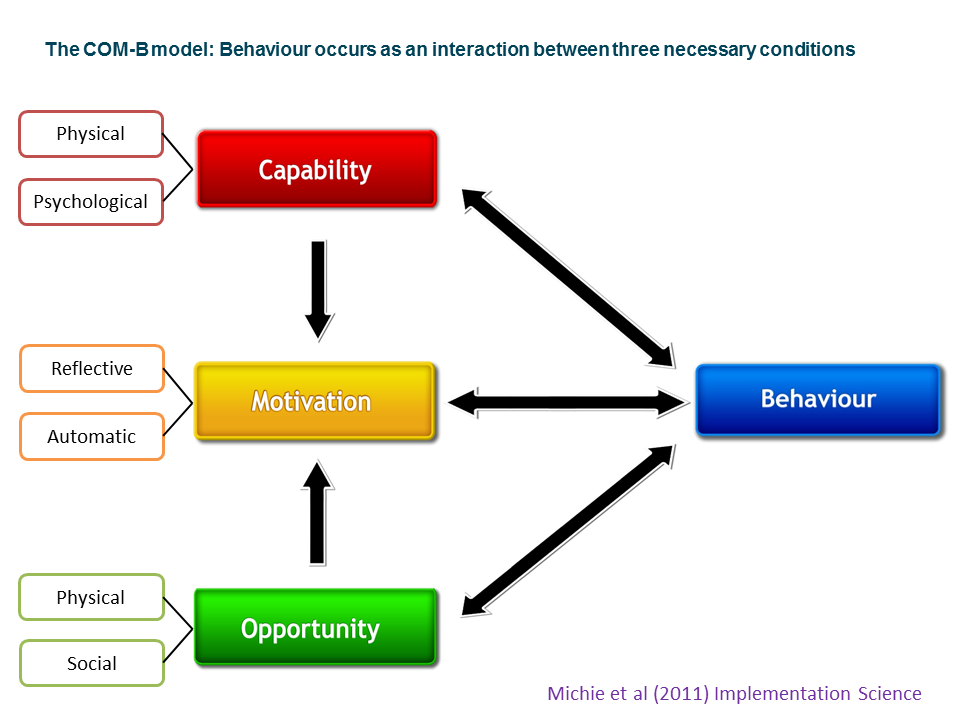The Academy of Social Sciences has a fellowship of over 1000 academics and practitioners across universities, business, government and civil society. It set up the Campaign for Social Science in 2011 to ‘inform public policy, build coalitions and engage in measured advocacy’. The SSA has supported the production of the Health of People report, which was launched by the Campaign on 5th April 2017. See key contributors discuss its importance below.
The report explores the vital role that social and behavioural sciences (psychology, anthropology, political science, sociology, economics and geography) have in improving population health, but highlights their untapped potential in this area. Its development was underpinned by three round-table discussions in late 2016 with health policy-makers, practitioners and researchers. These generated practical suggestions about ways in which better use of the social and behavioural sciences could help develop a more complete strategy for promoting health and wellbeing to avoid the need for healthcare
The UK is justifiably proud of the achievements of the National Health Service, which is among the best in the developed world in terms of quality of care, access and efficiency. Of 11 high-income countries reviewed by the Commonwealth Fund in 2014, the UK came top in terms of effective care, safe care, coordinated care and patient-centred care, second (behind Sweden) in terms of equity, and third in terms of timeliness of care. However, the same study ranked the UK behind all the other countries surveyed apart from the USA on three indicators of ‘healthy lives’ i.e. mortality amenable to healthcare; infant mortality; and healthy life expectancy. It appears that other countries have healthier populations or less socio-economic inequality that leads to ill-health
The issues addressed in this report are similar to many of those examined by the Academy of Medical Sciences in its 2016 report Improving the Health of the Public by 2040: Optimising the research environment for a healthier, fairer future. This argued for more and better multi-disciplinary research, including the social and behavioural sciences, to improve population health and healthcare.
Many important improvements in population health result from changes in people’s behaviour, whether they are patients, health professionals or members of the public. The social sciences have an important role in informing and helping change the environments, policies, practices and behaviours that influence the health of people. Health and social care systems are increasingly under pressure in countries with developed economies from a range of health-related behaviours such as physical inactivity, smoking, and alcohol consumption, which are linked to social inequalities and other challenges such as rising obesity levels and the need to deliver health and social care to an ageing population. Therefore policy makers need to prioritise understanding and promoting changes in health-related behaviours by patients, the public and healthcare providers.
The ways in which behaviour can be changed are often portrayed as obvious and intuitive, the result of ‘common sense’. However, a longer look at the evidence around a topic such as obesity shows that flawed and over-simplistic assumptions are often made about how people behave, based on unrealistically optimistic interpretations of limited evidence. Simple ‘nudge’ options are appealing as they appear to cost very little and are easy to conceptualise and deliver. However they produce limited results, and although relying on provision of information or guidelines alone seldom results in significant change, this approach is often used despite repeated failures.
The Health of People report gives examples of how the social sciences can help to describe and understand these problems better, explain which interventions may work or what causes change in a particular setting, and evaluate the evidence base for implementation and generalisation of effective strategies. 
The COM-B model is presented as a model for a more comprehensive and coherent approach to behaviour change that takes account of the physical and social context, physical and psychological capability, and people’s ‘reflective’ and ‘automatic’ motivational processes. But the goal of individual behaviour change is not always achieved by individual-level interventions, and often requires systemic changes in addition to strategies aimed at individuals. It will usually be more successful if multiple levels of intervention support each other, and COM-B forms the hub of a framework called the Behaviour Change Wheel, incorporating 9 well-defined sets of possible interventions and 7 policy domains.
Several examples are provided from the addiction field. England’s Comprehensive Tobacco Control Strategy is held up as an exemplar, including as it does interventions and policies at many levels. This is in contrast to alcohol, where excellent evidence for interventions at individual, community and national levels have not yet been converted into policy and practice (see Alcohol: No Ordinary Commodity)
The report goes beyond considering strategies to encourage and support changes in health-related behaviours, and sections are devoted to the gap between generation of knowledge and implementation of this knowledge in the real world. The role of the social and behavioural sciences in improving the self-management of illness and long-term conditions is considered, before exploring behaviour change and implications for health service delivery and finding new ways of configuring services. Finally the issue of harnessing available data to better understand how outcomes are relate to both the health services and to wider social and environmental factors is addressed. A number of clear recommendations are provided for coordinating and funding research and implementation, for capacity building, and for data provision and access.
The opinions expressed in this commentary reflect the views of the author(s) and do not necessarily represent the opinions or official positions of the Society for the Study of Addiction.